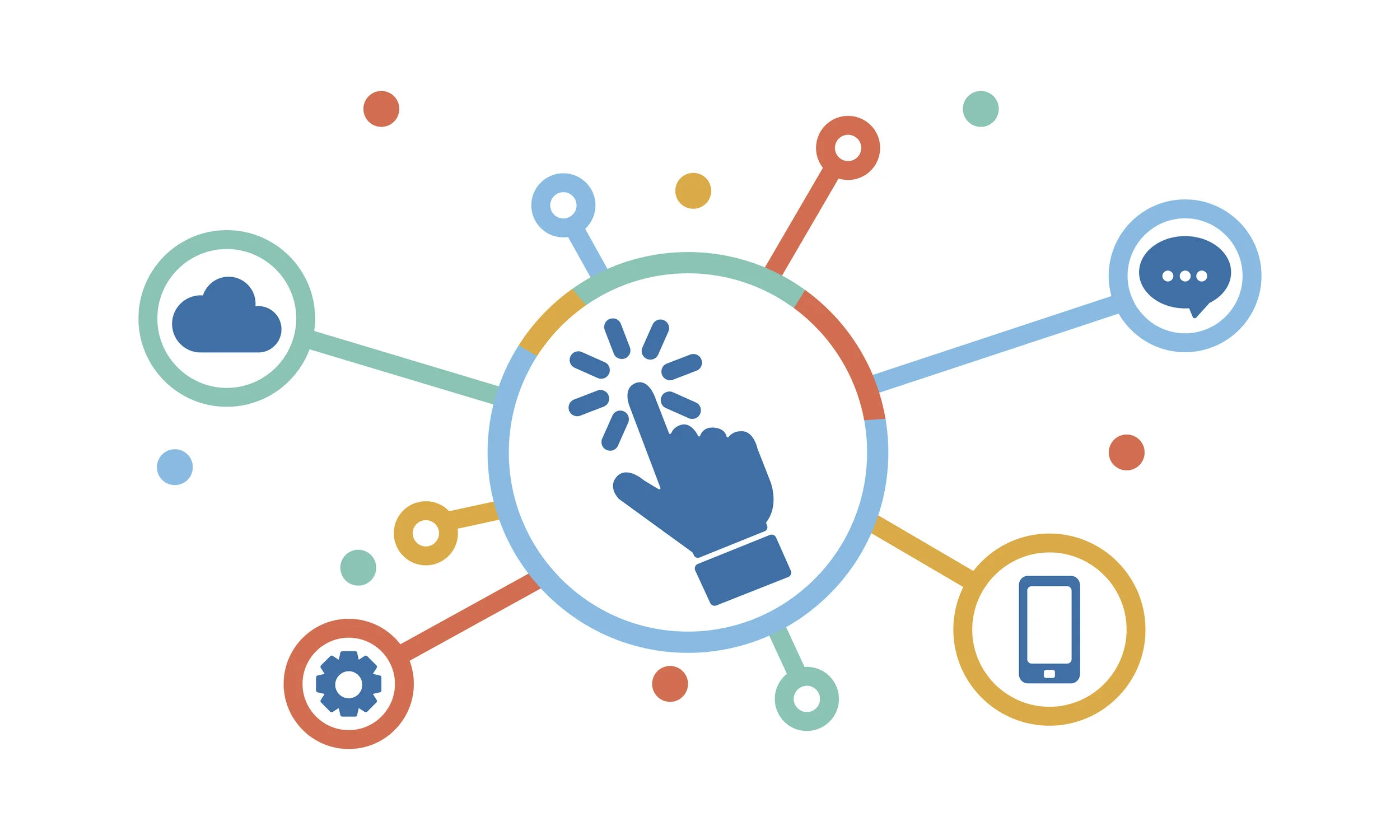You may have noticed at your local common a place for wild flowers, attracting a mobile constellation of bees, butterflies, and a host of minibeasts. Honey bees mean different things to each of us: an excuse to reminisce on childhood crayoning, the producer of that delicious syrup we all enjoy as honey, or a symbol of order and harmony in nature. However, they also serve a critical environmental role as a major fruit and vegetable pollinator. In these days of economic and political uncertainty this may not be foremost in policy makers minds, however, bees are vital for our survival and are a living indicator of the health of our environment. In this post, Gino Abdul-Jabbar suggests with honey bees under threat that we need to direct our individual attention and garner collective policy support for the plight of the humble honey bee.
Read MoreIn the past, the greatest health challenge for young people was to survive childhood. Thankfully, in most of the world this is no longer the case. However, the big health issue now for young people is mental health. Consulting with experts and stakeholders around the world, the Global Youth Mental Health Framework project will provide guidance for funders about the costs of investing, and the costs of not investing, in youth mental health. It also aims to produce a youth mental health care framework that is responsive to local needs, and a toolkit to help communities all over the world advocate for youth mental health services. On International Youth Day, Eóin Killackey outlined a new undertaking to make youth mental health a global priority.
Read MoreIn the wake of reports of service providers' poor conduct towards consumers with cognitive disabilities emerging from the Royal Commission into Banking, the Energy and Water Ombudsman of Victoria and the Essential Services Commission, Dr Yvette Maker and Professor Jeannie Paterson from the University of Melbourne offer two sets of resources here to promote a ‘facilitative’ approach to contracting and consumer transactions for people who have difficulties (or perceived difficulties) with learning, concentrating on, processing, remembering, or communicating information, and/or with decision-making.This piece was originally published by the Consumer Policy Research Centre.
Read MoreNewstart is in the spotlight with a number of politicians calling for an increase to the support payment. UNSW Canberra Research Fellow Dr Sue Olney explains how Newstart works, how it compares to benefits in other countries and why she believes it needs to be increased.
Read MoreMeredith Edelman argues that ‘morally bankrupt’ corporations should face the possibility of a corporate ‘death penalty’ and having their shares redistributed among the victims of their crimes. Her post explains how this may help in corporate accountability.
Read MoreThe United Nations Special Rapporteur on extreme poverty is preparing a report on the human rights impact of the introduction of digital technologies in social security systems. The Human Rights Law Centre made a submission to the Special Rapporteur focusing on Australia’s social security system and how technology is increasingly being used to target and punish people, especially single mothers, through programs like ParentsNext. Monique Hurley (@monique_hurley) from the Human Rights Law Centre (@RightsAgenda) summarises their submission, focusing on the gendered impacts. The full submission is available here. More information about the Special Rapporteur’s report is available here.
Read MoreA ground-breaking faith-based program in the Pacific seems to be having significant, and hopefully longer-term, impacts on men’s violence and abuse, with several important lessons for similar programs elsewhere, writes Miranda Forsyth, ANU Pacific Institute Convener and Associate Professor at ANU’s School of Regulation and Global Governance.
Read MoreSue Webeck, manager of The Australian National University’s (ANU) newly set-up Respectful Relationships Unit, describes the university’s approach in responding to the issues raised in the Human Right’s Commission’s ‘Change the Course Report: National Report on Sexual Assault and Sexual Harassment at Australian Universities’ in 2017, and the challenges involved in creating systemic change while responding to the ongoing needs of survivors.
Read MoreWhat does peace and security mean? More importantly, is the experience of it different for men and women? Unpacking the subtleties of FREEDOM for men and women, but also for Australia and the rest of the world is Dr. Anu Mundkur. Anu is the Head of Gender Equality for CARE Australia and a former Steering Group Member of the Australian Civil Society Coalition on Women, Peace and Security. Anu has extensive practical experience in the fields of international relations, gender and development. Her areas of expertise include women peace and security; feminist approaches to international relations; gender and international aid. This blog post is based on national roundtables organised by the Australian Civil Society Coalition on Women Peace Security in 2017.
Read MoreThere is an emerging trend in the financial services sector to move towards all things digital. Physical shop fronts are being closed, while exciting, interactive and Artificial Intelligence backed online shops are being set up everday. Financial Technology (FinTech) is the new buzzword in modern financial marketplace and its easy to get swept up with features such as mobile lending, digital lending and credit, big data and the like. Digital financial Inclusion is one of the reasons FinTechs are popular with international organisations such United Nations, as these technologies can have impact at scale. But its important to review whether taking financial inclusion online is necessary, and if so, what are the best ways to achieve this? In today’s original blogpost, Dana Beiglari, will provide the needed pause and reflection on digital financial inclusion, specifically from a gendered lens. (Dana is a Senior Solicitor at Legal Aid NSW and the views expressed in this article are her own, and not the views of Legal Aid NSW.)
Read MoreIn today’s post Dr. Archana Voola, Research fellow at University of New South Wales, discusses the societal, community and individual levels factors playing a role in our everyday financial lives. The daily news media depicts stories about the debt crisis, housing un-affordability and sluggish wage growth. But what is actually happening behind these numbers? Who are the humans who make up the data? And what can we do about it? Archana uses her sociological imagination to uncover the icebergs in the financial seascape of Australia.
Read MoreContinuing her series of original posts on Australia's employment services system, Simone Casey (@SimoneCasey) of the RMIT Future Social Services Institute (@FutureSocialAU) discusses harm caused by the Targeted Compliance Framework (TCF) for income support on people in living in precarious financial situations. Her previous posts explore issues related to welfare conditionality; ParentsNext; mutual obligation; 'work first' activation of jobseekers; the growing presence of automation in Australia's welfare system and Work for the Dole.
Read MoreThe Royal Commission into Victoria’s Mental Health System provides an opportunity to consider the social and economic factors that contribute to poor mental health using a gender lens. Today’s analysis, by Policy Whisperer Susan Maury (@SusanMaury) and Sarah Squire (@SquireSarah) of Good Shepherd Australia New Zealand (@GoodAdvocacy), provides an overview of how rigid gender stereotyping creates a cascade effect of experiences that compromise women’s and girls’ mental health. This is the fourth in a 4-part series based on Good Shepherd’s submission; Part 1 provides an overview of the gendered nature of mental health, Part 2 discusses the related issue of economic inequality, and Part 3 examines the influence of financial hardship.
Read MoreDomestic workers are one of the world's most invisible work forces. Their labour is performed beyond the reach of regulators, in private households, including those with significant power and influence— diplomatic and consular officials. Recent research by The Salvation Army found that domestic servitude is occurring in Australia at higher rates than official figures suggest and disproportionately affects women. In today’s post, Heather Moore (@alittlewave) of Monash University (@TSResearchGroup @MigrationMonash) shares findings of her research: Service or Servitude? A Study of Trafficking for Domestic Servitude in Australia. Her findings indicate there is a largely unrecognised feminised workforce that many Australians utilise. Too often migrant domestic workers do not enjoy equal access to protection under the law as other Australian workers do, and are are largely excluded from the mainstream policy discourse on women and rights at work.
Read MoreThere are many reasons to support fathers taking leave at the birth of a child, including indications that taking time off to be with a newborn results in increased parental engagement across childhood – an area that continues to have a strong gender imbalance in Australia – and supporting a host of other positive outcomes, including maternal wellbeing and narrowing the gender pay gap.
Yet few fathers are encouraged to or, in many cases, are unable to take parental leave at the time of birth, and often unsupportive policy creates the first barrier. In today’s analysis, Kirsty White of law firm Baker McKenzie’s Diversity and Inclusion team shares how the organisation has made history by being the first law firm in Australia to provide gender-equal parental leave, and describes some of the challenges and benefits.
Read MoreWhile Victoria’s Respectful Relationships curriculum has had its critics, many believe primary prevention methods are the best way to move the dial on community attitudes to gender violence. In today’s policy analysis piece, Katrina Marson (@katrinaellen72) reviews the research in this area and reports on best practice with primary school-aged children in the U.K.
Read MoreIn this article originally appearing in the UK edition of The Conversation, Gillian McNaull examines the increasing numbers of women in UK prisons, not for crimes of violence but typically for crimes of survival. Her research mirrors the Australian experience where many women, particularly Aboriginal women, are imprisoned for unpaid fines necessitating the important work, for example, of Sisters Inside founders Debbie Kilroy and 2019 Miles Franklin Literary Award winner, Melissa Lucashenko.
Read MoreAs the NSW parliament prepares for the introduction of a bill to decriminalise abortion in that State, Ashlee Gore writes that many believe abortion is already legal and freely available in NSW, and that while decriminalisation will be important for women’s choice and autonomy, there will remain many other medical, social and interpersonal barriers that restrict the exercise of this autonomy after the law has changed.
Read MoreThe Royal Commission into Victoria’s Mental Health System provides an opportunity to consider the social and economic factors that contribute to poor mental health using a gender lens. This piece by Sarah Squire (@SquireSarah) and Policy Whisperer Susan Maury (@SusanMaury) of Good Shepherd Australia New Zealand (@GoodAdvocacy) explores how financial hardship and stress contribute to poor mental health, drawing on case studies and reflections from practitioners in Good Shepherd services. This is the third in a 4-part series based on Good Shepherd’s submission; Part 1 provides an overview of the gendered nature of mental health, while Part 2 discusses the related issue of economic inequality.
Read MoreRecent research published by Melbourne Law School offers new insight into the contrasting circumstances of men and women in bankruptcy. In it, Lucinda O’Brien, Professor Ian Ramsay and Associate Professor Paul Ali, each from Melbourne Law School find that public data does not fully reflect the differences between men and women in the bankruptcy system, or the extent to which women’s bankruptcies are caused by gender-specific factors.
Read More

















